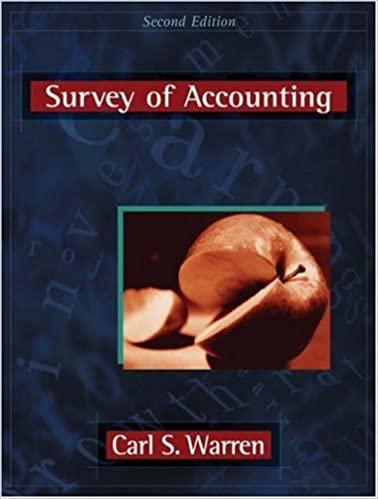14) Consol bonds (a) have no maturity date (b) are issued by the US government every year on January 15th (e) are often issued by private corporations like Microsoft that have a triple A credit rating (d) have such short maturities that their price volatility is very low (e) none of the above 15) Your broker bought 2.000 shares of Zeniba Corp, stock for you at $10/share. Your broker required you to pay him or her $20,000 plus commission. You have (a) a cash account with your broker (b) a discount account with your broker (c) a margin account with your broker (d) a limit account with your broker (e) none of the above 16) Assume the yield to maturity is the same for all maturities (ie, the yield curve is flat) and does not change over time (ie, assume interest rates are constant). A bond (not a zero coupon bond) with 10 years remaining life is currently selling at a premium. Over time (a) the bond's price will not change (b) the bond's price will rise (c) the bond's price will fall (d) it's impossible to tell what will happen to the price of the bond (e) none of the above 17) The bond in the above question (16) (a) might well be a zero coupon bond (b) except, perhaps, under very unusual circumstances, would not be a zero coupon bond (c) must be a junk bond (d) all of the above (e) none of the above 18) Selling short (a) is illegal in the U.S. (b) involves borrowing shares of common stock owned by someone else (c) guarantees that the short seller will make a minimum positive rate of return (d) can be prohibited by the company whose shares might be sold short (e) none of the above 19) You bought Zeniba Corp. common stock at $20/share and it's currently selling at $37.60. You tell your broker to sell your shares if the price falls below $35. You have placed (a) a stop order (b) a market order (c) a limit order (d) an invalid order (e) none of the above 20) Minimum initial margin requirements for stocks in the U.S. are set by (a) the Bureau of Labor Statistics (b) the Federal Reserve (c) the Treasury Department (d) an agency of the state government within the state where the security is sold (e) none of the above







